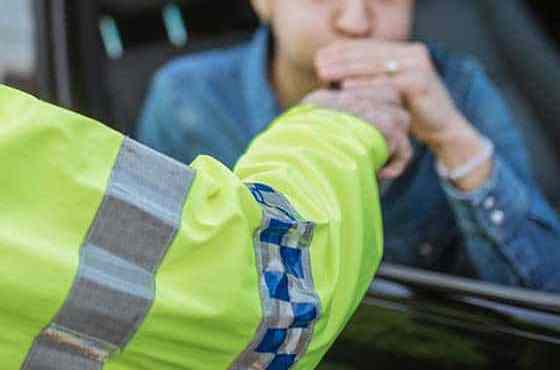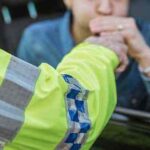How To Avoid A False Positive Breathalyzer Test

There is a sinking feeling when being pulled over by a law enforcement officer. The waiting game when you are sitting there and preparing to be confronted can be torture for any individual. And, it can be even more anxiety provoking if you are made to take a breathalyzer test in order to prove your sobriety and ability to drive safely on the road. Consider the following tips and suggestions listed in order to find out how to avoid a false positive breathalyzer test when you get pulled over.
DWI and DUI (Driving While Intoxicated and Driving Under the Influence) are serious charges and no one wants to get booked under these penalties as they can come with some pertinent consequences that can affect you for the rest of your life. Just some statistics, in 2005 nearly 17,000 individuals were killed due to an alcohol related incident while driving.
Thus, in order to determine if various citizens are fit to drive, police use what are called breathalyzers to assess the level of alcohol in someone’s system. However, just like any other man made device, these devices are not perfect and one can come out with a false positive when taking the test. Consider the following tips so that you can avoid coming out with a false positive should you be asked to take a breathalyzer test in the future.
First, make sure to not use any mouth wash. If you have had a few drinks and are about to drive home and want to make your breath smell fresh and not suspicious, chew some gum but don’t reach for that mouth wash. This is because many different brands of alcohol contain significant levels of alcohol which could inherently affect your level on the breathalyzer test. It can create a mouth alcohol effect. In fact, the alcohol in mouth wash can remain in your mouth for up to twenty minutes after taking a swig of that product.
The second tip involves not smoking. Although you may be freaking out it is important to not light up if you get pulled over. Various research has suggested that some chemicals found in cigarette smoke have been shown to affect the readings on a breathalyzer test.
Tip three involves eating something beforehand. If the body has not received any nutrients from food in some time, the body may be feeling the effects of what is termed hypoglycemia. This process can actually trigger and make the body believe that it is intoxicated when it really isn’t’, and so one can get a false positive on the breathalyzer test as a result.
Tip four involves not burping right before taking a breathalyzer test. If one suffers from acid re-flux or just belched a blood test to determine alcohol level may be more accurate. The alcohol contents of stomach gas is way more concentrated than the air in your lungs. This can give a false positive for up to twenty minutes after the burp itself.





